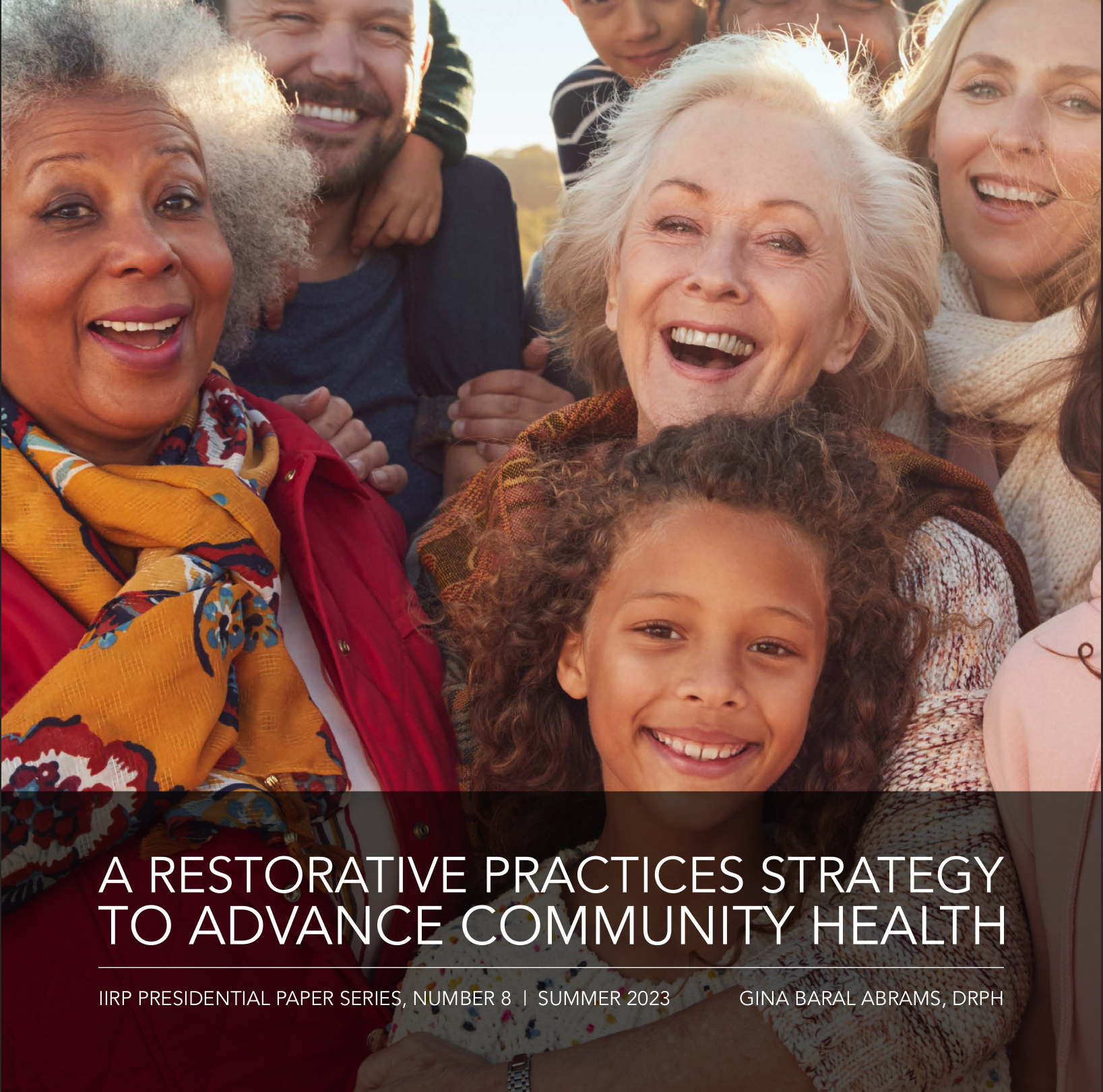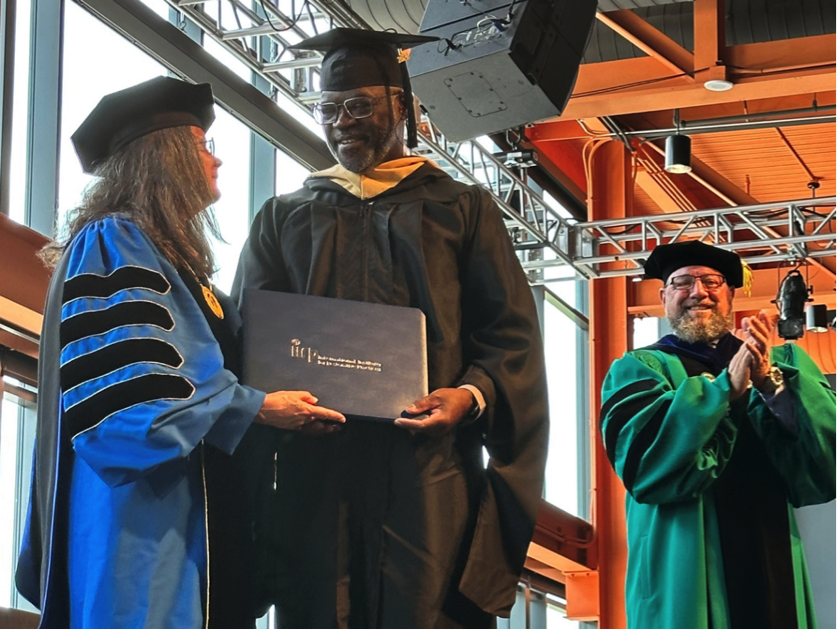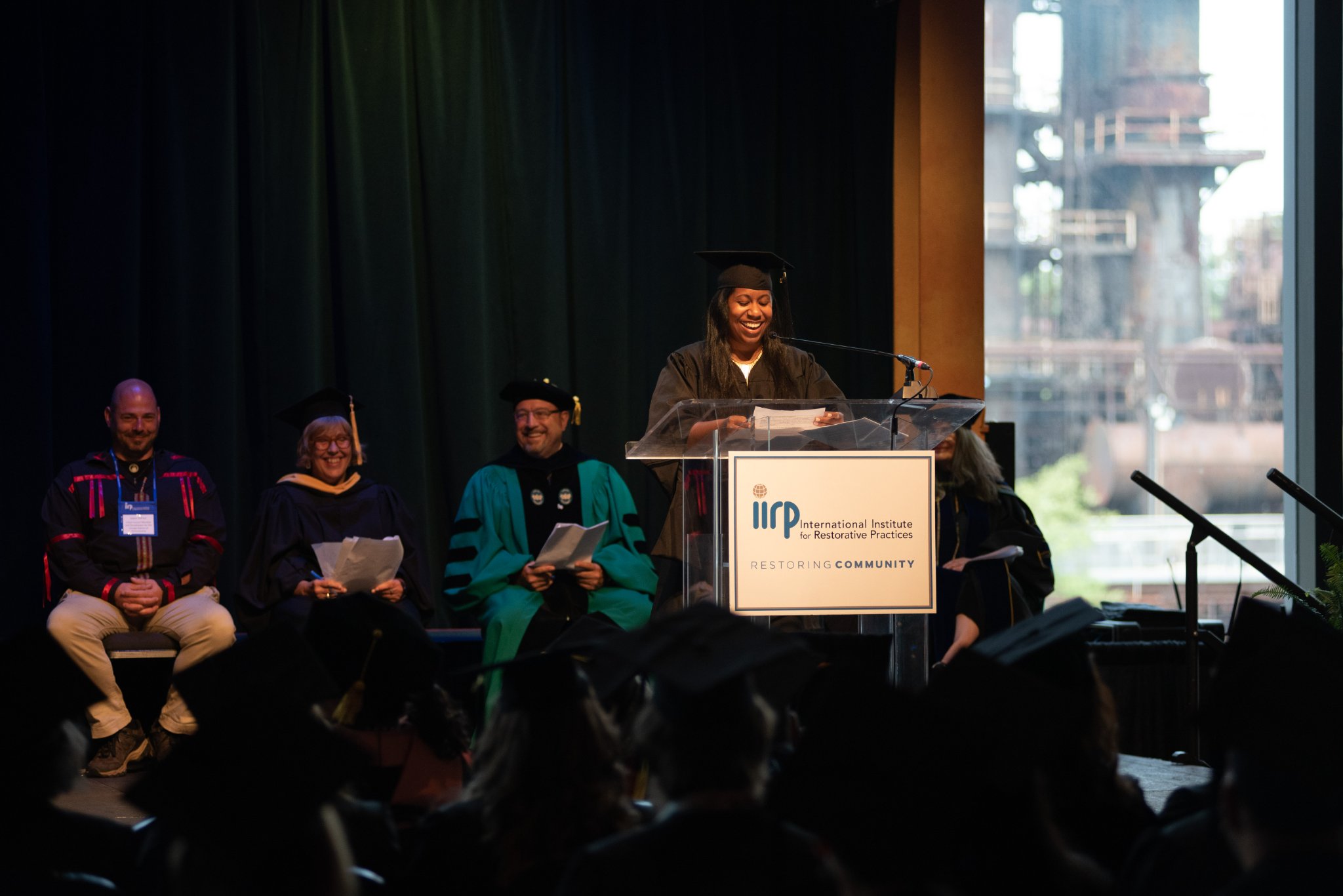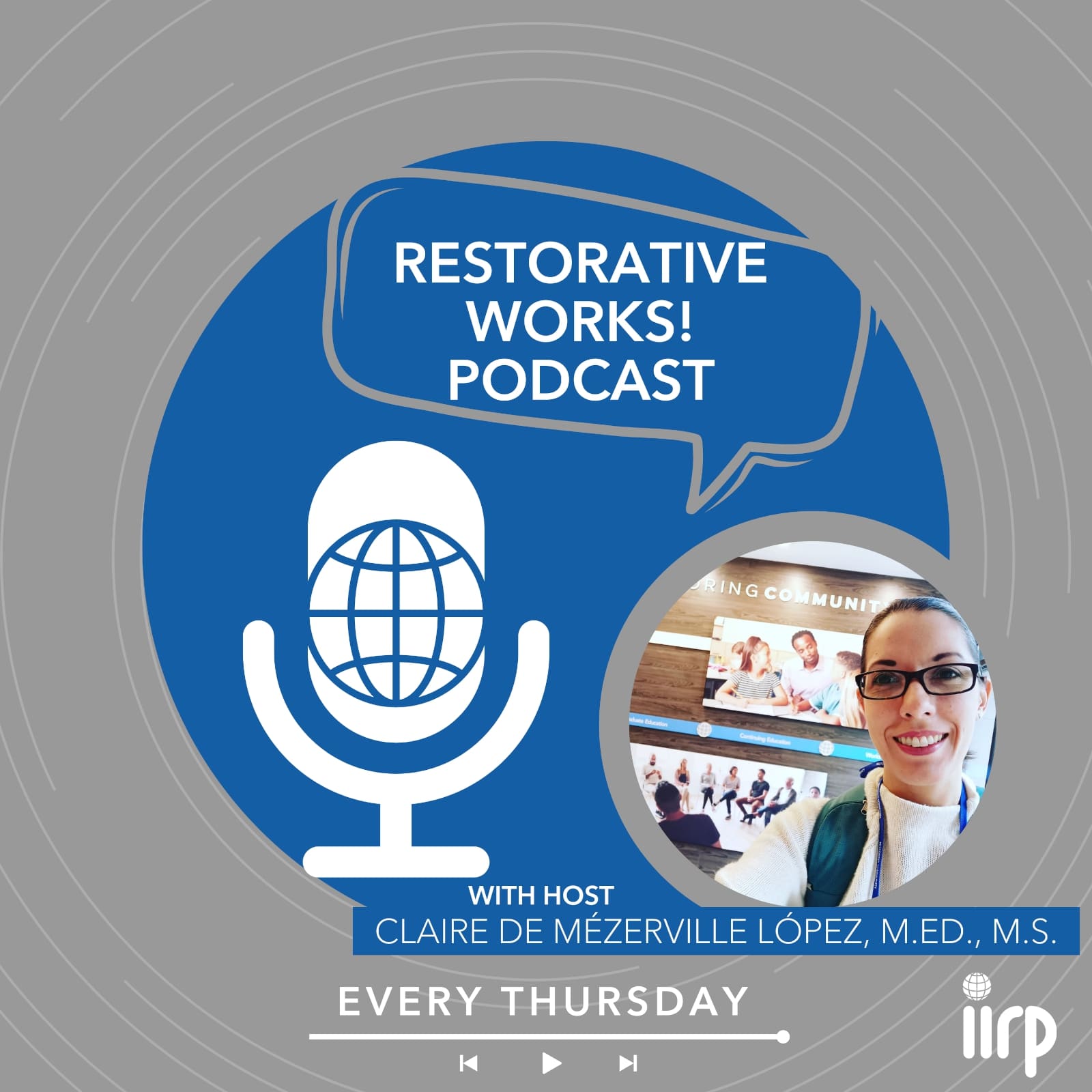News & Announcements
- Details
- Written by Kristin Oakley
Teaching Educators the Path to Community
Jamee Cox is a current IIRP Graduate School student and restorative practices specialist for Fort Worth Independent School District in Fort Worth, Texas. She works in a network of 10 schools, where she trains teachers, administrators, and staff in restorative practices. She also models restorative practices and provides coaching for teachers in classrooms and facilitates circles for Tier 2 and Tier 3 students.
- Details
- Written by Kristin Oakley
After a nationwide search, Linda J. Kligman, Ph.D. President of the International Institute for Restorative Practices (IIRP), has selected Michael Valdez Raffanti, Ed.D. as provost for academic affairs.
As Provost, Valdez Raffanti oversees all the IIRP educational offerings from continuing education to graduate-level programs.
- Details
- Written by Kristin Oakley
Turning Lessons into Practice
Elana Strout is a current IIRP Graduate Student and social studies teacher at Mount Desert Island High School in Bar Harbor, Maine. She has been teaching since 2012 in the areas of world history, sociology, psychology, and abnormal psychology. After learning more about restorative practices, Elana is developing ways to incorporate her lessons into both her personal and professional life.
- Details
- Written by Kristin Oakley
We at the IIRP Graduate School are proud of our ability to strengthen and preserve relationships. Part of our culture is finding new and unique ways to showcase our staff and faculty’s expertise and accomplishments. With that, we are excited to announce that Dr. Craig W. Adamson is transitioning from provost for the IIRP to the position of senior advisor to the president.
- Details
- Written by Kristin Oakley
Creating Community with Public Art
Current IIRP graduate student, Joseph Iacona, is Senior Manager of the Mural Arts Institute at Mural Arts Philadelphia. In this role, he works with artists, arts administrators, and community leaders across the world to align knowledge, amplify voices, empower change, and distribute resources designed to create a more inclusive and equitable future for socially engaged public art. At its core, his role is about building connections, sharing skills, and sustaining relationships. This work creates space for reflection and critical questions that inspire change and lead artists and art organizations to center their communities in how they approach their work. In this role, he works with artists, arts administrators, and community leaders across the world to align knowledge, amplify voices, empower change, and distribute resources designed to create a more inclusive and equitable future for socially engaged public art.
- Details
- Written by Kristin Oakley
The IIRP is proud to introduce six new members to our Board of Trustees in 2023. The IIRP Board of Trustees are holders of the organizational trust and mission. Our trustees bring many different perspectives and experiences from fields such as law, higher education, faith, public education, private foundations, government relations, management, and child welfare, which mirror the numerous arenas where restorative practices are being implemented.
- Details
- Written by Margaret Murray
The IIRP Graduate School announces the latest issue in the Presidential Paper Series. A Restorative Practices Strategy to Advance Community Health is written by Dr. Gina Baral Abrams, Associate Professor and Director of Research and Program Evaluation.
In this paper, the evolution of the community health field is traced, leading up to the recent U.S. Surgeon General’s report, Our Epidemic of Loneliness and Isolation. The author suggests that, in addition to the work that has been done to identify key factors and dynamics, it is necessary to focus explicitly on how we strengthen relationships and community. Integrating principles from the social-ecological model, a new model is presented to describe how restorative practices can be used to advance community health goals.
- Details
- Written by Kristin Oakley
The IIRP is seeking a Provost experienced in developing robust educational programs, knowledgeable of restorative practices, committed to diversity, equity, and inclusion, and excited to work with us to expand our graduate curriculum.
- Details
- Written by Kristin Oakley
We are living in a world filled with words that divide; some are blatantly inflammatory, while others are far more subtle. What gives hope living amidst wars, disasters, and violence are the people who use words to remind us of our shared humanity. Restorative practitioners choose words that seek nuance, facilitate empathy, articulate common ground, and prompt creative solutions.
- Details
- Written by Kristin Oakley
The IIRP Graduate School is excited to announce the debut of our Restorative Works! podcast, hosted by Claire de Mézerville López, M.Ed., M.S..
Claire is a licensed psychologist from UCR (Universidad de Costa Rica). She holds a Master in Education with an emphasis on cognitive development from ITESM (Instituto Tecnológico de Estudios Superiores de Monterrey, México). She also earned a Master of Science in Restorative Practices from the IIRP Graduate School. She is an associate professor at Universidad de Costa Rica, and has experience as a therapist, researcher, and consultant. Claire has published papers on adolescence, restorative practices, resilience and educational psychology.

Restorative Works Year in Review 2024 (PDF)
All our donors are acknowledged annually in Restorative Works.

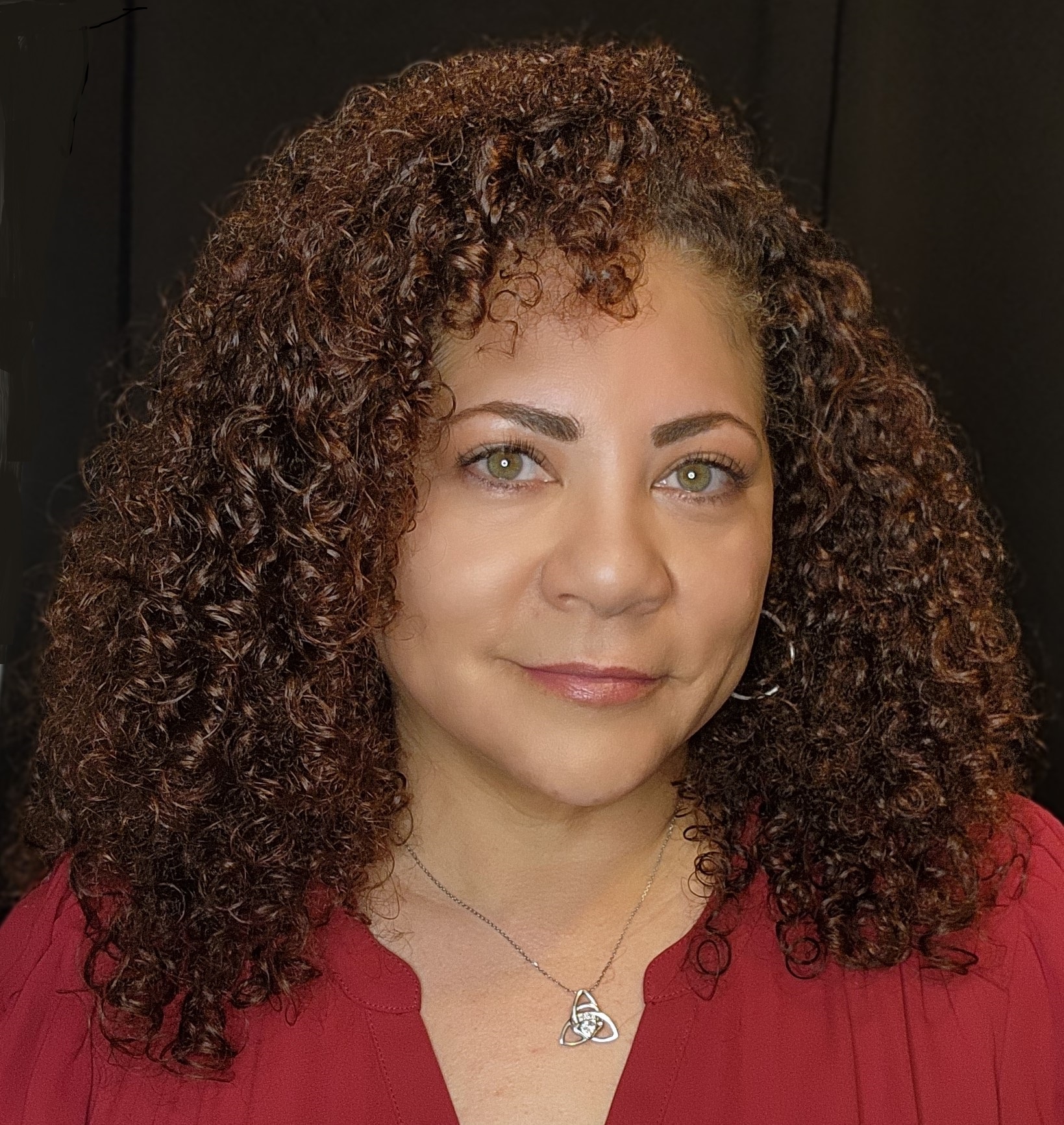
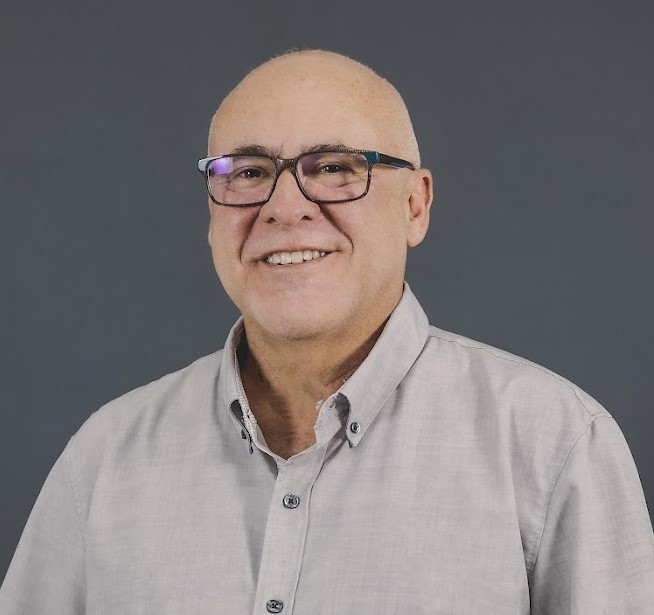
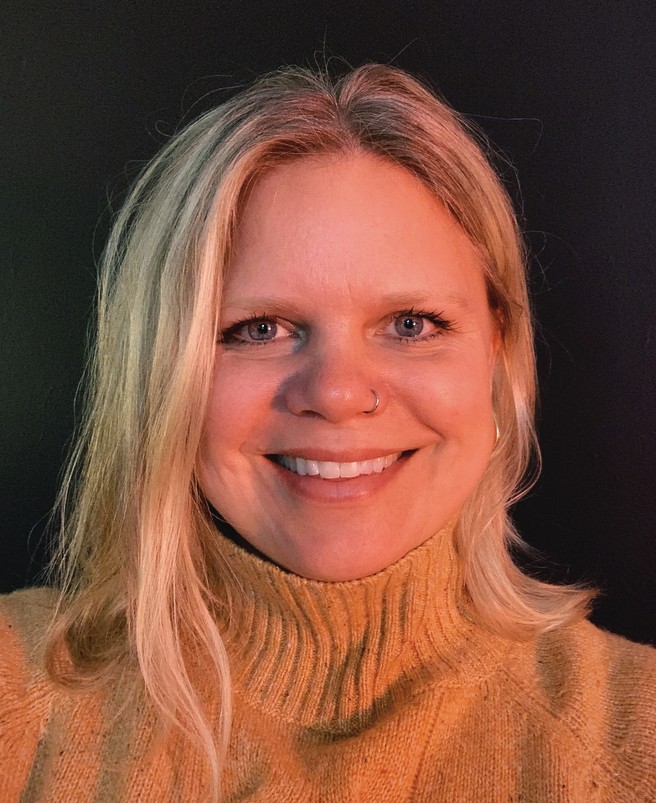
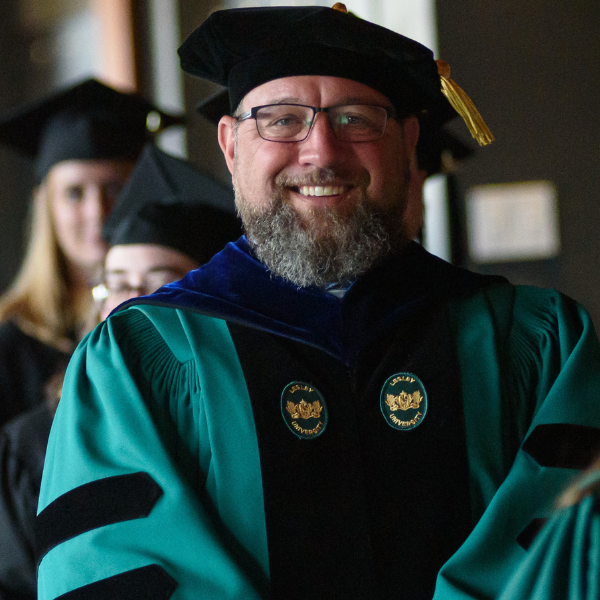
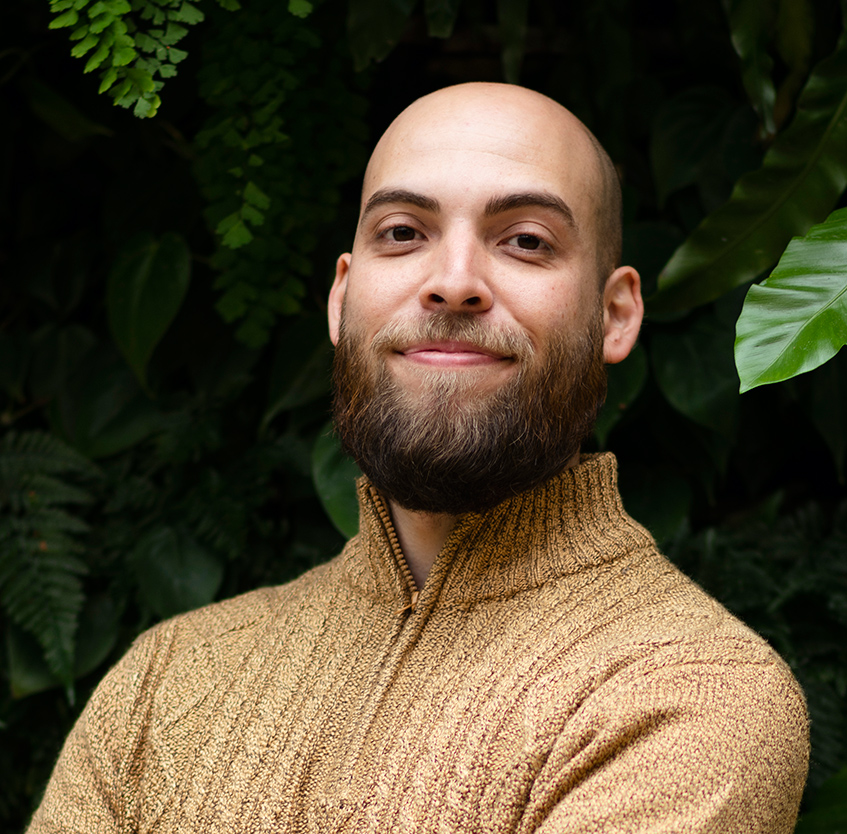
.png)
